by Christine Whinney
In Tanzania, there is a large disparity between boys’ and girls’ school enrollment and performance. GSDM catches up with African Initiatives, a shining example of effective solutions that empower Tanzania’s girls in the face of widespread sexual abuse and cultural preference for educating boys.
Widespread gender disparity in educational attainment in Tanzania is due to a preference for educating boys and a serious issue of the sexual violence that girls suffer when living in inappropriate village accommodation whilst attending secondary school. These differences are especially prevalent in northern Tanzania, which is made up of predominantly pastoralist areas, still very much rooted in a patriarchal society. A June 2011 Education Stakeholders’ Report found that in Ngorongoro district, northern Tanzania only 44% of girls attended primary school; well below the national average of 95%. If both gender and regional educational inequalities are to be addressed, it is necessary for projects to acknowledge and address the issues facing girls in the specific context of pastoralist communities.
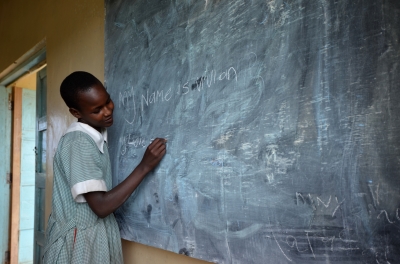 African Initiatives and Girls’ Education in Tanzania
African Initiatives and Girls’ Education in Tanzania
African Initiatives (AI) was established in 1995, and is a social justice organization working in Ghana and Tanzania. AI works with partner organizations to build self-sufficiency, and to empower people to fully participate in the decisions that affect their lives.
In northern Tanzania, the organization works with pastoralist organizations; the Pastoral Women’s Council (PWC) and the Ujaama Community Resource Team (UCRT). AI also works with the Community Aid and Small Enterprises Consultancy (CASEC) on education and young people’s rights projects, including HIV and AIDS projects.
To address the gender and regional educational challenges facing Tanzania AI, in collaboration with PWC and CASEC, are working with 44 schools to a) increase girls’ enrollment and performance through constructing dormitories for girls; b) building awareness of girls’ rights; and c) pushing for local authorities and schools to meet their obligations of implementing the Government Education Policy and Plan that promotes girls’ learning in a safe and secure environment.
In light of the recent discussion and research by Tanzanian Education Stakeholders on ‘Gender based violence in schools in Tanzania’, this project is looking ever more relevant.
The objective is to provide an environment where girls are given the resources and tools to enable them to have the same opportunities as boys. However, the Tanzania Violence against Children study (TVAC 2009) has uncovered worrying statistics about the high rates of physical, sexual and emotional violence in schools. This makes keeping girls in school is a big challenge. The distance to school, overcrowding, and entrenched female stereotypes mean the retention of girls in schools is low. The trip to and from school has been cited as an especially risky time, with 26% of girls in the study reporting that they had experienced at least one incident of unwanted sexual contact on the journey. A further 17% experienced sexual violence on school grounds. This violence is often perpetrated by people in positions of authority with a duty of care to the girls.
Barriers to girls’ education within pastoralist communities
In the pastoralist communities of Tanzania, the barriers facing girls are high, due to the strongly patriarchal attitudes that characterize these societies. The area features limited employment opportunities for females, and whilst more broadly across Tanzania it is not considered important to educate women, pastoralist communities go even further, often arguing that educating girls is in fact detrimental. This is because being educated is believed to make girls more likely to marry from outside the community, which means their value is lost; and even if girls do not leave, because it is believed women’s role is to be a wife and have children, the money spent on education is considered to be wasted. A situation therefore exists in which girls’ educational success is discouraged, and seen as either dangerous or pointless.
Specific obstacles girls face in accessing an education include:
The 44 schools that were selected to be included in the project were ones in which high rates of pregnancy and gender-based violence had been recorded, where a large proportion of the population lived a long distance from the school, and where any accommodation facilities were of poor quality.
Overcoming these barriers and empowering girls to access an education
This project is not just about access to education; it is about changing deep rooted attitudes towards girls and the importance of their education. To do this, AI has taken a two-pronged approach.
The first aspect of the project is working with communities to build the infrastructure that girls need to help them overcome some of the obstacles they face in accessing education. The building of dormitories, which have a trained matron to care for the girls allows girls to move from the very dangerous ‘ghetto’ lodging in nearby villages into safe, purpose built accommodation on school land. These ‘ghettos’ are unsafe places where girls are exposed to terrible sexual violence. The plight of girls’ lives in the ghettos was the focus of two BBC Radio documentaries recorded by BBC journalist Lizz Pearson, which were broadcast in 2011. One documentary was featured on the BBC World Service program African Perspective, and the other on BBC Radio 4’s Women’s Hour; which can still be downloaded on the BBC website.
The dormitories not only protect girls from physical abuse – and very often rape – but also provide girls with a better study environment. Having a safe space like this enables them to continue reading and working in the evening, which has the benefit of improving performance in school as well as retention and enrollment. Additionally, because they are built using a combination of donor funds and local community money, the local community are direct stakeholders with an investment in the success of the dormitories. Whilst being involved with establishing infrastructure, they also learn more about the specific educational needs of girls, which is key to changing attitudes.
The second aspect of the project is awareness raising. A key element of this is establishing girls’ clubs in schools, which aim to build confidence, provide a safe environment and a trained counsellor to discuss issues affecting them, and give access to general life skills and information. This includes HIV and AIDS and methods of birth control, as pregnancy and HIV are two key issues facing girls and women. Research by CASEC in 2009 found girls receive no training or advice on protecting themselves against HIV and AIDS in schools.
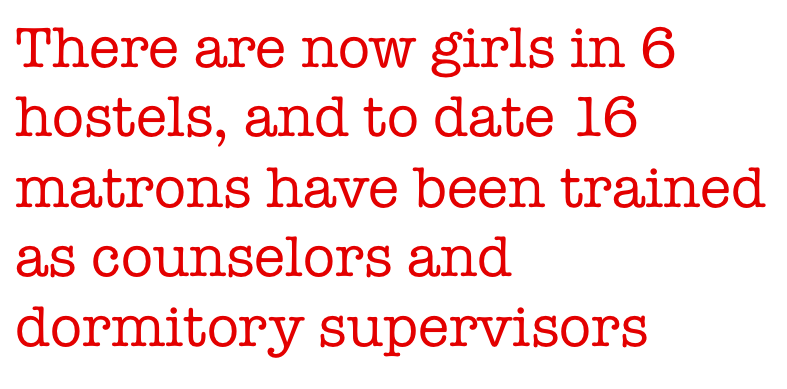 The clubs also provide the opportunity for attitudinal changes regarding their own worth and abilities to take root among girls, reinforcing the effectiveness and improving the sustainability of the community-based aspects of the project. AI’s vision is about empowering people to participate and claim their rights, particularly those who suffer the most discrimination and injustice. The project has a long-term impact as the principles of empowerment and self-confidence that it promotes will be absorbed and then passed down to future generations of girls.
The clubs also provide the opportunity for attitudinal changes regarding their own worth and abilities to take root among girls, reinforcing the effectiveness and improving the sustainability of the community-based aspects of the project. AI’s vision is about empowering people to participate and claim their rights, particularly those who suffer the most discrimination and injustice. The project has a long-term impact as the principles of empowerment and self-confidence that it promotes will be absorbed and then passed down to future generations of girls.
To ensure sustainable change and to start changing very deep-rooted attitudes workshops are held with School Boards to help them understand their roles, responsibilities and ways the schools can change to help girls access education more easily. Workshops are also held with local government and Ward Development Councils to impress upon these organisations the importance of education for girls, and mechanisms that can be put in place to support girls in accessing an education. Finally, work is carried out with the communities themselves, again with the aim of helping them understand the importance of educating girls, and the benefit this can have on the whole community. With the help of this project, communities also develop their own girls safety action plans, to keep girls safe.
Achievements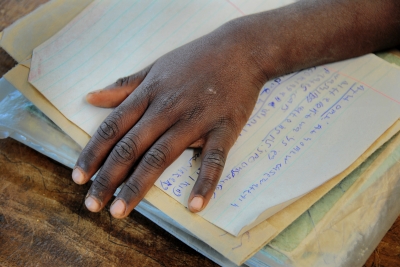
There are now girls in 6 hostels, and to date 16 matrons have been trained as counsellors and dormitory supervisors. The common benefits all the girls highlighted during a recent visit include an increased sense of security, and an improved study environment. Girls are now able to study in the evenings, and have the support of each other for study. Many of the girls have formed their own study and discussion groups. The girls also talked about having more time to focus on their study, as they needed to collect water and firewood less often now.
One particularly exciting story was in Kilolo school (Iringa district) where all form IV (equivalent to UK GCSE/ S Highschool) girls are now living in dormitories. Initially only a few made the move, but inspired by the greatly improved exam results and overall performance of the girls in the dormitories, the remaining form IV girls joined their classmates in the dormitories.
Girls clubs have now been established in 16 schools, involving 640 girls. Girls from one club talked about how they felt their self-confidence had greatly increased, and they were willing to openly talk about themselves and the challenges they were facing. One club, on their own initiative, had also started to develop dramas and songs to use to inform the rest of the school about issues they were learning about, including HIV and AIDS, and alcohol use. The girls also reported a reduced use of alcohol amongst the other students since sharing their learning. With such relatively small efforts making huge differences, the women of Tanzania have a lot to teach the world.


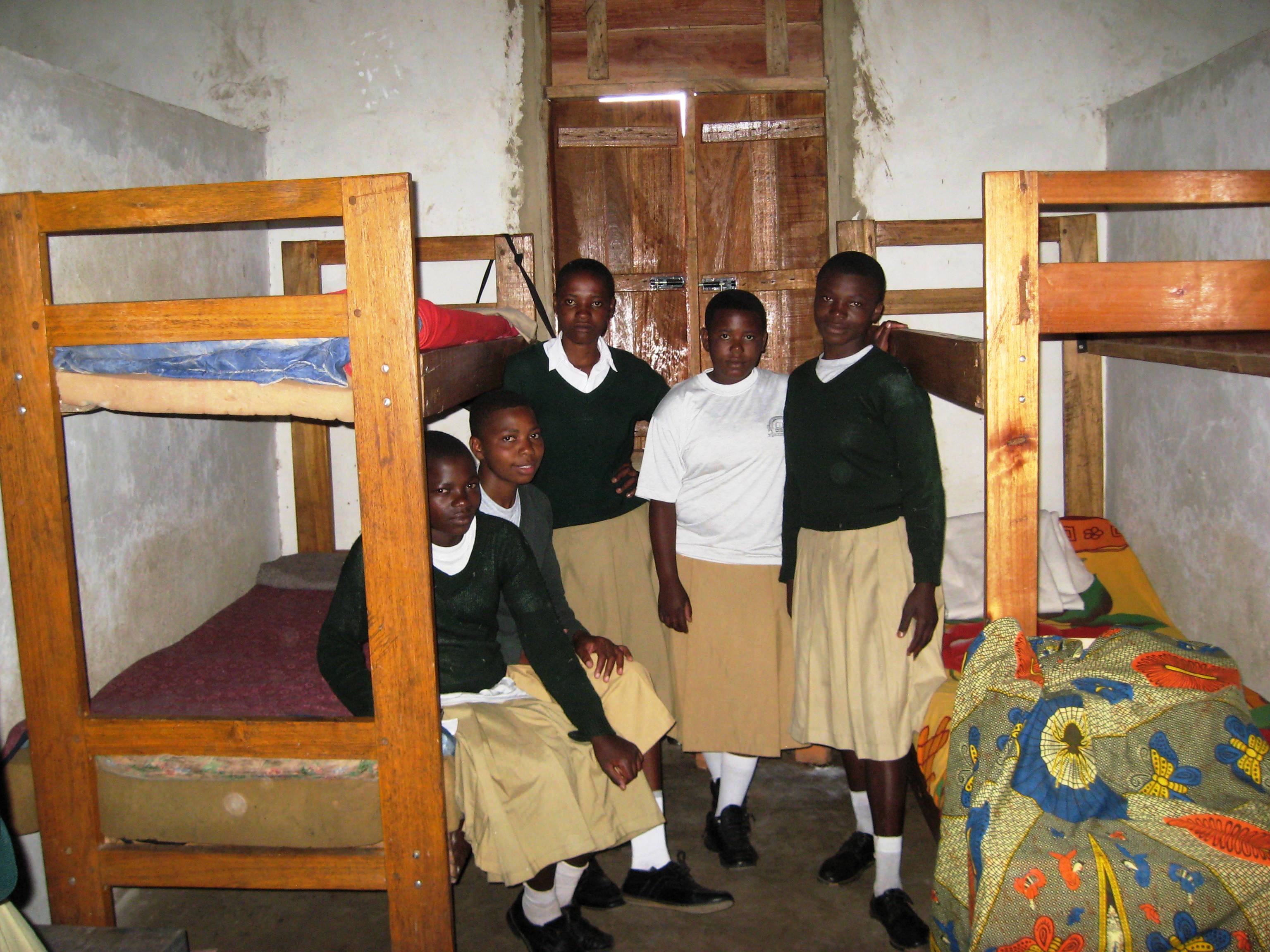
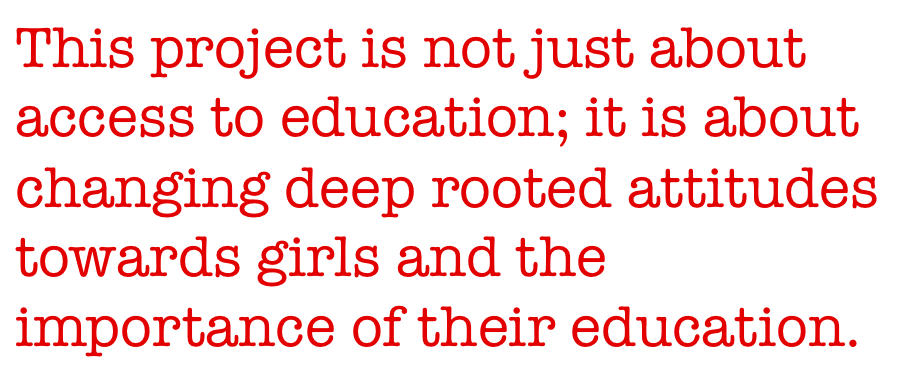
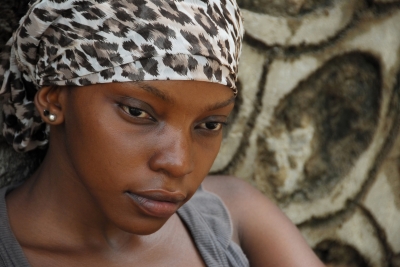
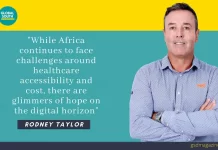
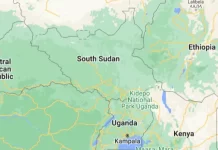
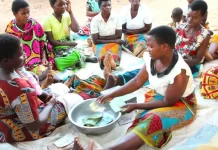




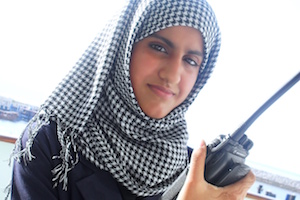
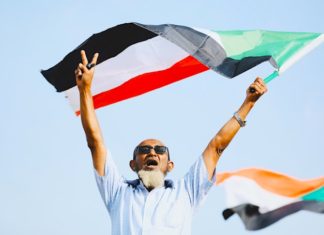
In terms of a practical understanding of nature,
compared to the bees we are but infants. These are contrasted to perceived needs
and beliefs in invisble cultural constructs, such as the
value of the U. Offering a variety of specialty produce alongside strong
selling products establishes a foundation of success with any business and this includes a fruit-stand or Farmer’s
Market enterprise.
[…] NGO in Focus: African Initiatives – Empowering Tanzania’s Girls […]
[…] NGO in Focus: African Initiatives – Empowering Tanzania’s Girls […]